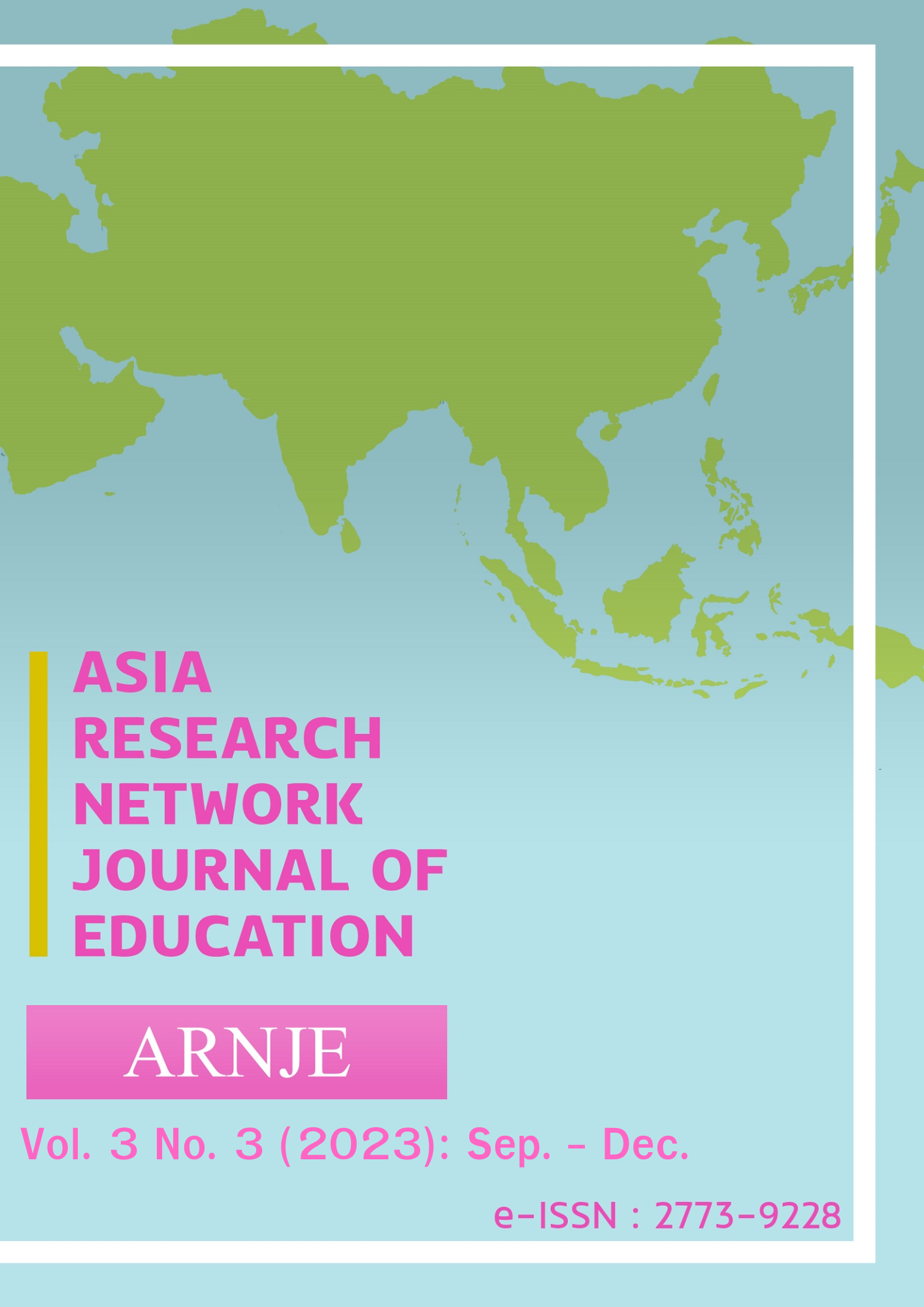Enhancing Senior High School Students' Research Knowledge and Skills Through COINS
Main Article Content
Abstract
Contextualized instruction, as a teaching approach is designed to link the learning of foundational content and skills by focusing teaching and learning squarely on concrete applications in a specific context that is of interest to the students. The primary goal of this study was to determine how contextualized instruction affects the research knowledge and skills among senior high school students. An experimental research, particularly the one-group pretest and posttest design were utilized. A total of fifty (50) Grade 12 students currently enrolled in practical research subject was purposely chosen as the respondents of this study. The results revealed that there was a significant difference in the students’ performance in terms of achievement test and research skills. This implies that the use of contextualized instruction is considered a potential approach for teaching research subject. Further investigation was done to determine the effect size using Cohen’s D. It was found that out that use of contextualized instruction had a medium and large effect on students’ achievement and research skills, respectively. Contextualized instruction can be used as strategy in enhancing research knowledge and skills of the students. Hence, it is recommended that this approach can be adapted to provide a more meaningful and engaging learning experiences in learning research subject and other areas of discipline.
Article Details

This work is licensed under a Creative Commons Attribution-NonCommercial-NoDerivatives 4.0 International License.
Copyright: CC BY-NC-ND 4.0
References
Bottge, B. A. (1999). Effects of contextualized math instruction on problem solving of average and below-average achieving students. The Journal of Special Education, 33(2), 81-92. https://doi.org/10.1177/002246699903300202
DepEd (2022). https://www.deped.gov.ph/wp-content/uploads/2022/07/BEDP-2030-Photo Documentation.pdf
Flores, G. T. (2021). The Use of Contextualized Instructional Materials (CIMs) in Teaching Social Studies among Primary Grade Learners. DOI: 10.21275/SR21923150208
Kalchik, S., & Oertle, K. M. (2010). The Theory and Application of Contextualized Teaching and Learning in Relation to Programs of Study and Career Pathways. Transition Highlights. Issue 2. Office of Community College Research and Leadership.
Meerah, T. S. M., & Arsad, N. M. (2010). Developing research skills at secondary school. Procedia-Social and Behavioral Sciences, 9, 512-516. https://doi.org/10.1016/j.sbspro.2010.12.189
Moghaddas, B. (2013). The effect of contextualization on the Iranian EFL learners performance in reading tasks. International Journal of Educational Science and Research (IJESR), 3(2), 11-20.
Moltz, D. (2010, November 11). Encouraging deep learning. Inside Higher Ed. https://www.immagic.com/eLibrary/SOURCE/GENPRESS/I101111M.doc
Mouraz, A., & Leite, C. (2013). Putting knowledge in context: Curriculum contextualization in history classes. Transformative Dialogues: Teaching & Learning Journal, 6(3), 1-11.
Olivera, L. C. (2021). Code-Switching in English Class: A Strategy in Boosting Learners’ Confidence and Engagement. International Journal of Arts, Sciences and Education, 1(1), 15-28.
Perin, D. (2011). Facilitating student learning through contextualization: A review of evidence. Community College Review, 39(3), 268-295. https://doi.org/10.1177/0091552111416227
Reboy, L. M., & Semb, G. B. (1991). Contextualized Instruction: Teaching Relevant Behaviors in Relevant Contexts.
Rivet, A. E., & Krajcik, J. S. (2008). Contextualizing instruction: Leveraging students' prior knowledge and experiences to foster understanding of middle school science. Journal of Research in Science Teaching: The Official Journal of the National Association for Research in Science Teaching, 45(1), 79-100. DOI 10.1002/tea.20203
Silseth, K., & Erstad, O. (2018). Connecting to the outside: Cultural resources teachers use when contextualizing instruction. Learning, Culture and Social Interaction, 17, 56-68. https://doi.org/10.1016/j.lcsi.2017.12.002


